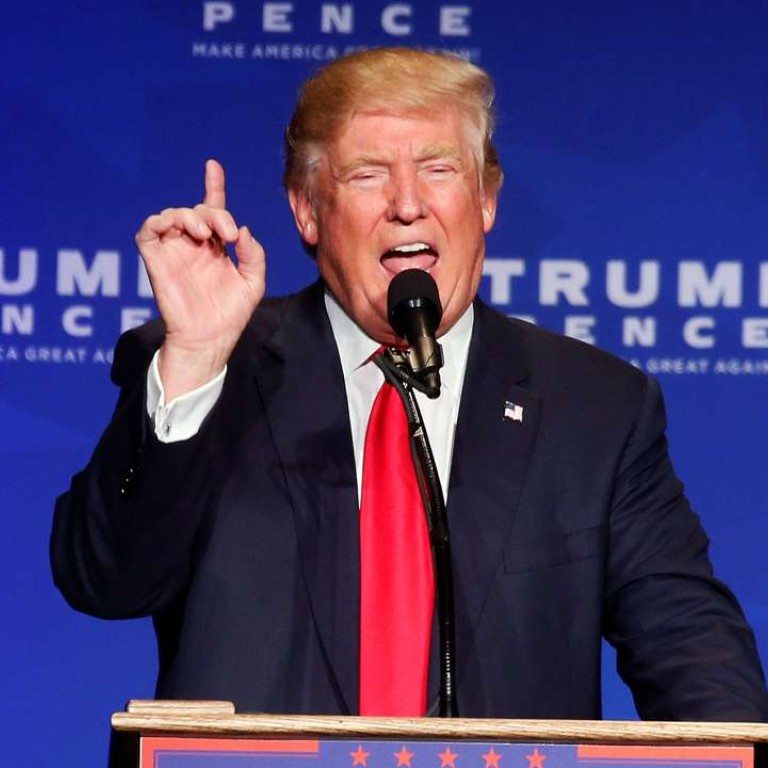
Reporter’s notebook: Trump and Clinton going silent on foreign affairs and diplomacy
In a contentious presidential race that ends on November 8, domestic issues and probes into personal judgment dominate
As the US presidential election race draws to a close, a potentially weighty topic has become less frequently mentioned at campaign events: diplomacy.
This is not to say that Republican candidate Donald Trump shies away from articulating his views on Mexico – the border wall remains a recurring theme when he hits the stump. But any foreigner listening lately to speeches by the flamboyant property mogul or to those of his Democratic rival Hillary Clinton would be stunned by the absolute dominance of domestic issues.
She insisted the bureau would again clear her of any criminality. Clinton on the campaign trail has highlighted her devotion to equal rights for women and racial minorities. She has also blasted Trump as unfit to serve in the Oval Office, but has not gone into extensive detail about her tenure leading the US State Department.
Some prospective voters confirmed that the race had focused on domestic concerns.
“That’s a good point,” Roberto Mariscal, 23 and a first-time voter in Ohio, said. “I never gave a serious thought about how outsiders would think, to be honest. I may rethink that now.”
Mariscal described a difficult choice: Clinton was embattled in an honesty crisis while Trump, he said, was “a true believer in white supremacy”.
Shelley Deng, a Chinese-American in North Carolina, said : “The same talk on domestic, personal stuff is going on and on and on. I can almost recite it from head to toe.”
According to a July study by Pew Research Centre, 75 per cent of respondents cared about foreign policy, which came third on a list of a dozen issues that voters took into account in the election race.
The Republican candidate, who it is widely reported is fighting an uphill battle in his quest for 270 electoral college votes, has only broadly referred to China’s militarisation of the South China Sea. But Trump’s remarks often come across as directionless, impromptu attacks rather than the elements of a concrete plan of how he would contain Chinese influence should he be elected.
Watch: Trump’s rally in North Carolina on Friday
“Trump has decidedly avoided making Southeast Asia a foreign policy priority during his campaign,” Adam Howe wrote in The Diplomat.
But Howe said Asia would feel the impact of a Trump presidency. “His isolationist stance would complicate relations with major trading partners in the region, and could incite China to flex its economic and military muscles,” he added.

